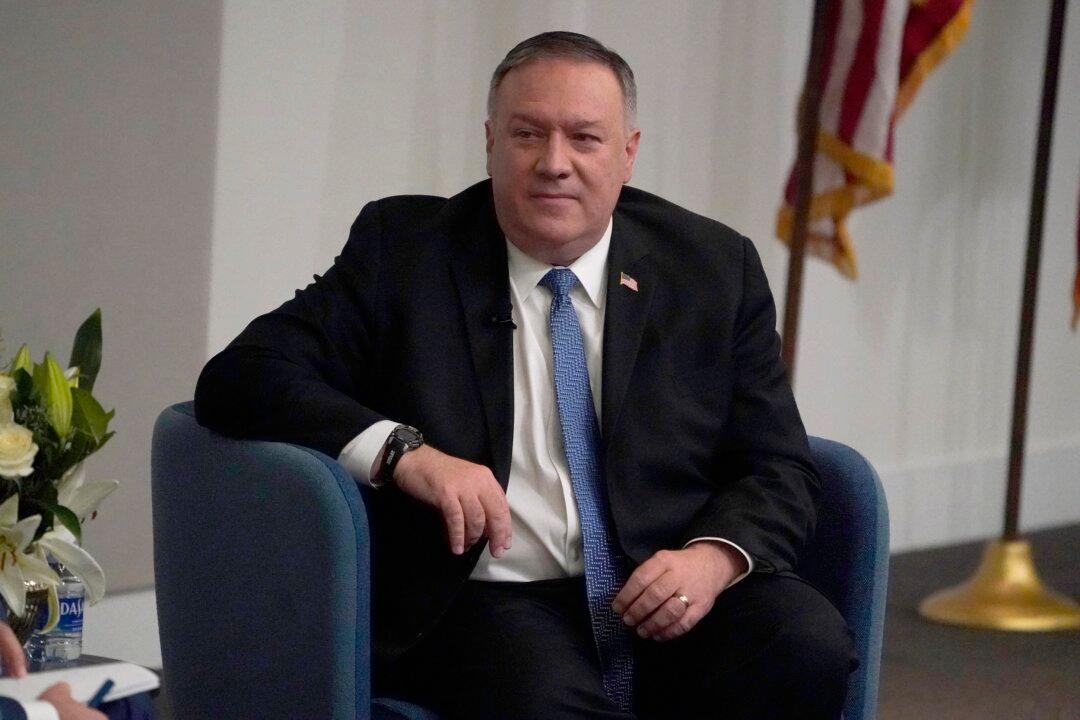Commentary
The experts told us the Middle East would explode in December 2017, after President Donald Trump recognized Jerusalem as the capital of Israel.

The experts told us the Middle East would explode in December 2017, after President Donald Trump recognized Jerusalem as the capital of Israel.